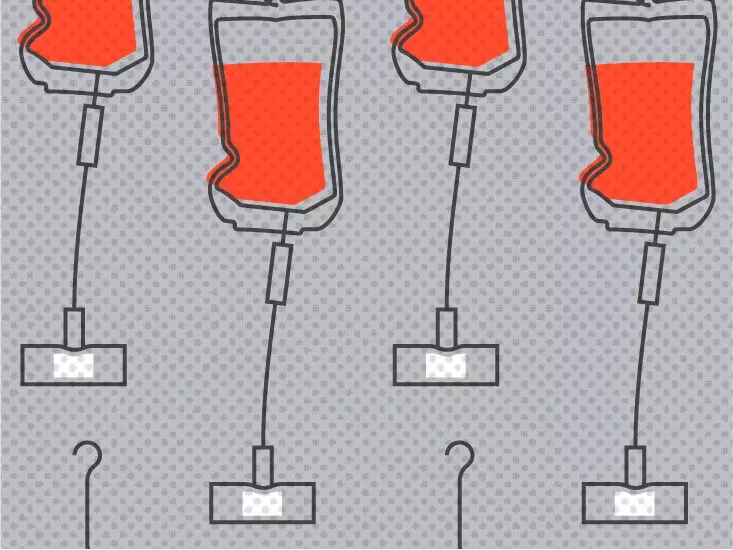Ad Blocker Detected
Our website is made possible by displaying online advertisements to our visitors. Please consider supporting us by disabling your ad blocker.
Rytelo, a medication designed for individuals capable of conception, presents significant pregnancy-related concerns that require careful evaluation. Its safety profile during pregnancy remains uncertain due to limited human studies. Animal research suggests potential fetal harm, emphasizing the critical need for in-depth discussions with healthcare providers. These conversations should focus on weighing Rytelo’s therapeutic benefits against possible risks to the fetus. Pregnant individuals or those planning pregnancy must prioritize consultations with medical professionals to make well-informed decisions. Providers can assess individual health conditions, explore alternative treatments, and develop strategies to manage Rytelo use safely during pregnancy planning.

Fertility Considerations and Reproductive Planning
Fertility is a key concern for individuals considering Rytelo treatment. Animal studies indicate temporary reductions in female fertility, which may impact those with plans to conceive. While human data remains limited, consulting healthcare providers is essential to understand Rytelo’s potential effects on reproductive health. Providers can offer personalized guidance, discuss optimal timelines for conception, and suggest alternative medications that may pose fewer risks to fertility. For individuals prioritizing future pregnancy, these discussions are vital to align Rytelo treatment with reproductive goals. Tailored medical plans can help balance health needs with family planning aspirations, ensuring informed decision-making.
Contraception Requirements for Safe Rytelo Use
Effective contraception is a cornerstone of safe Rytelo use for sexually active individuals. Healthcare providers strongly recommend reliable birth control methods during treatment and for at least one week following the final dose to prevent unintended pregnancies. This precaution is crucial to minimize potential risks to a developing fetus, given the uncertainties surrounding Rytelo’s safety in pregnancy. For males, contraception guidelines are less clear, necessitating professional input to determine appropriate measures. Providers can recommend specific contraceptive methods, ensuring both partners are adequately protected. These discussions are essential for navigating Rytelo treatment while safeguarding reproductive health.
Breastfeeding Precautions and Safety Measures
Breastfeeding during Rytelo treatment raises significant concerns due to insufficient safety data. Experts advise against breastfeeding while using Rytelo and for one week after the last dose to protect infants from potential exposure to the medication. Individuals considering breastfeeding should engage in detailed discussions with healthcare providers to explore alternative feeding options, such as formula, and ensure infant safety. These conversations help balance the need for Rytelo treatment with the desire to breastfeed, enabling informed choices that prioritize both maternal and infant health. Providers can offer guidance on safe feeding practices during and after Rytelo therapy.

The Critical Role of Personalized Medical Guidance
Rytelo’s use requires meticulous attention to pregnancy, fertility, contraception, and breastfeeding considerations. Each aspect demands personalized medical guidance to ensure safe and effective treatment. Healthcare providers are instrumental in assessing individual risks, discussing alternative therapies, and aligning Rytelo use with reproductive goals. Open communication with providers empowers individuals to make informed decisions, balancing their health needs with family planning aspirations. Regular consultations throughout Rytelo treatment ensure ongoing safety, support, and alignment with personal health objectives, fostering confident and well-informed choices.



